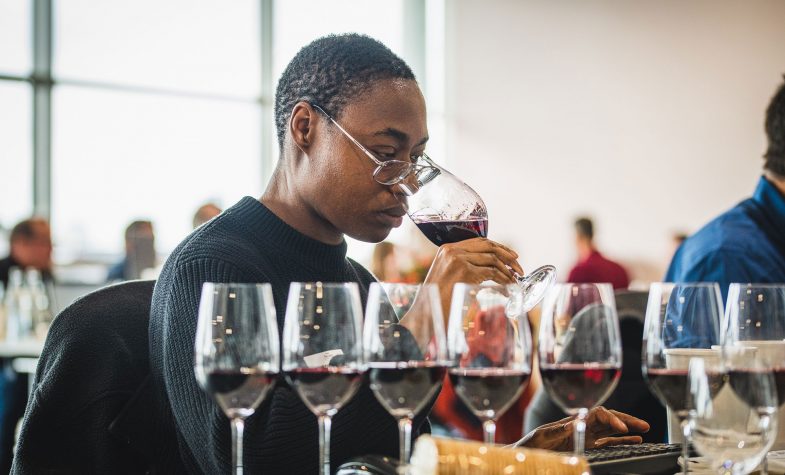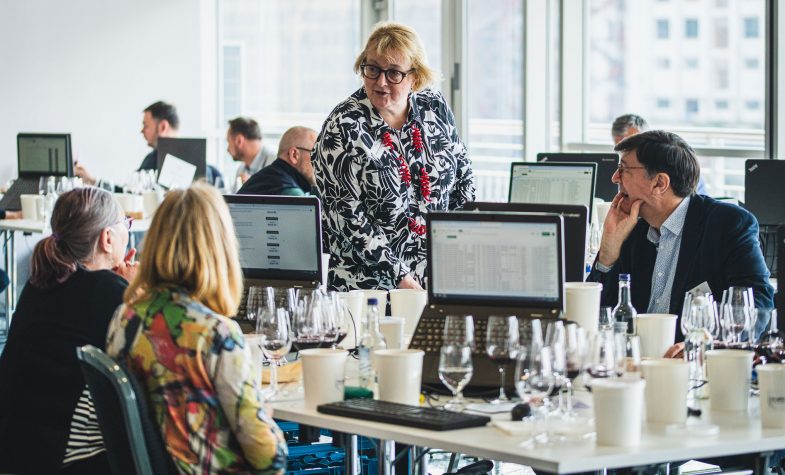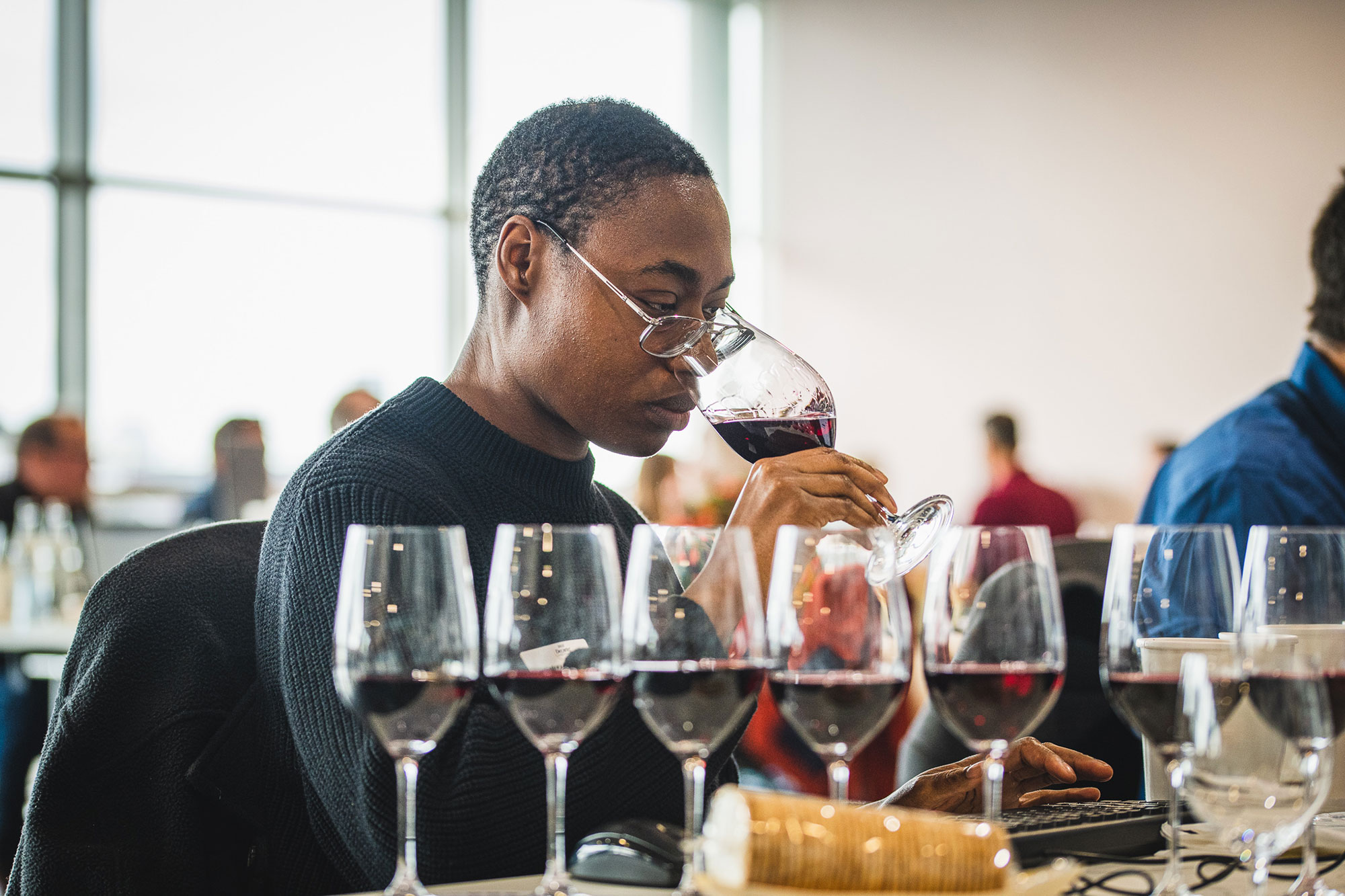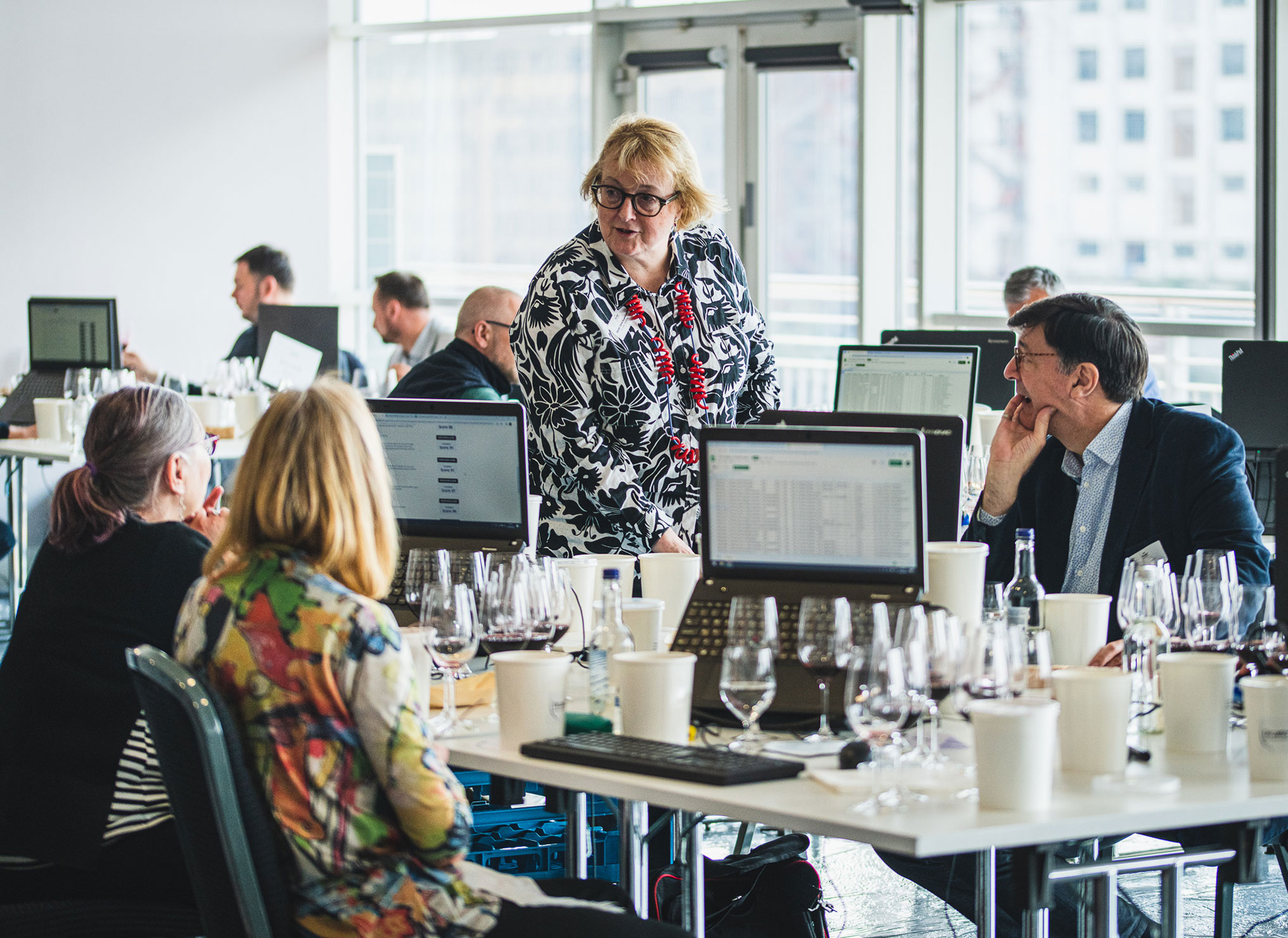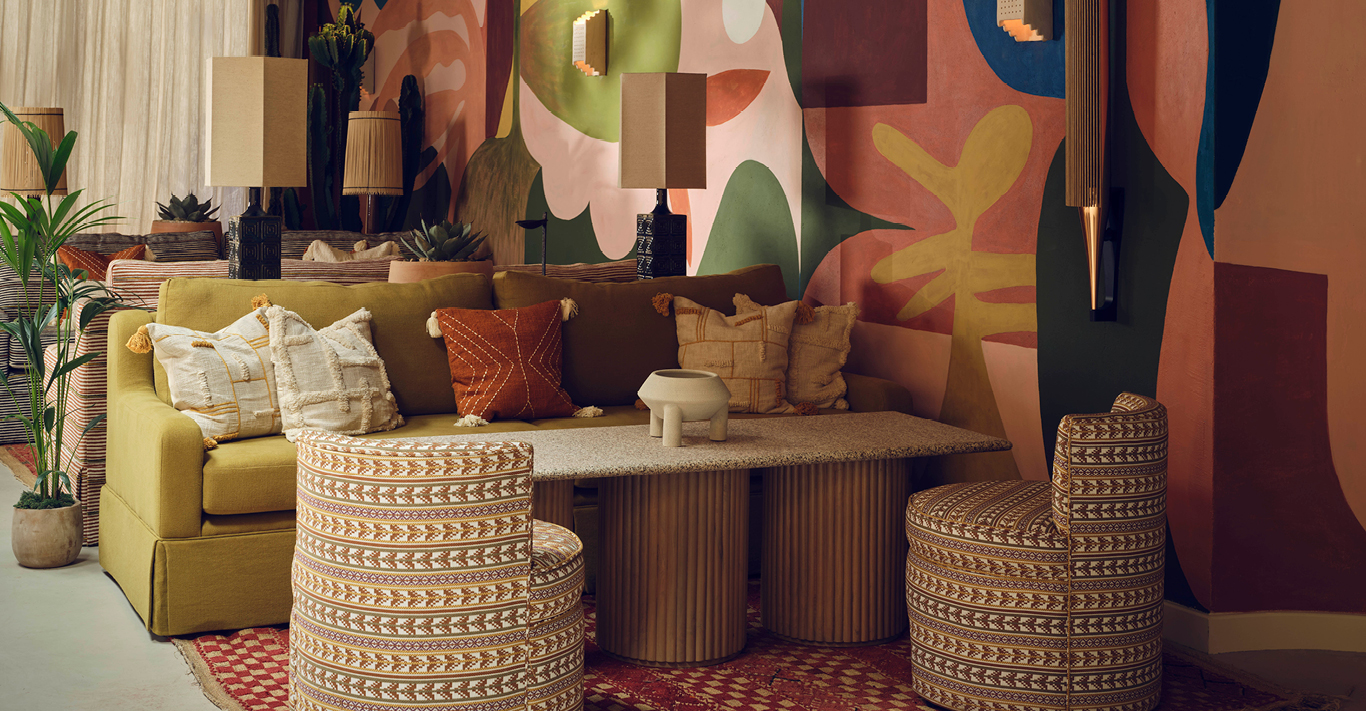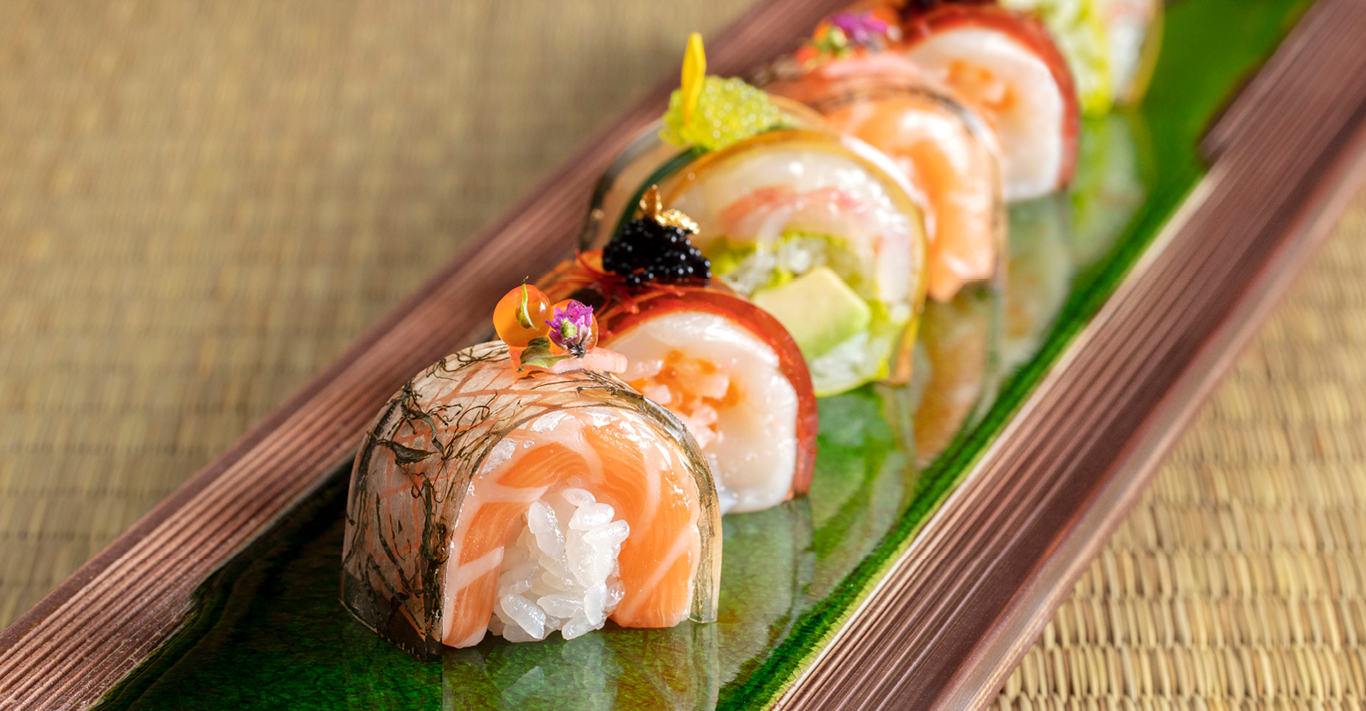WORDS
Jane Fulcher
The Decanter World Wine Awards is the biggest and most prestigious of its kind, an enormous international competition that brings together the world’s biggest oenophiles. During judging, the ExCeL London exhibition centre in East London was bustling with activity as 300 experts from around the world tasted more than 18,000 bottles of wine from more than 56 countries. Masters of wine and master sommeliers joined forces with wine writers, producers, buyers and experts to judge which of the vintages on offer would be given the coveted gold stamp of approval.
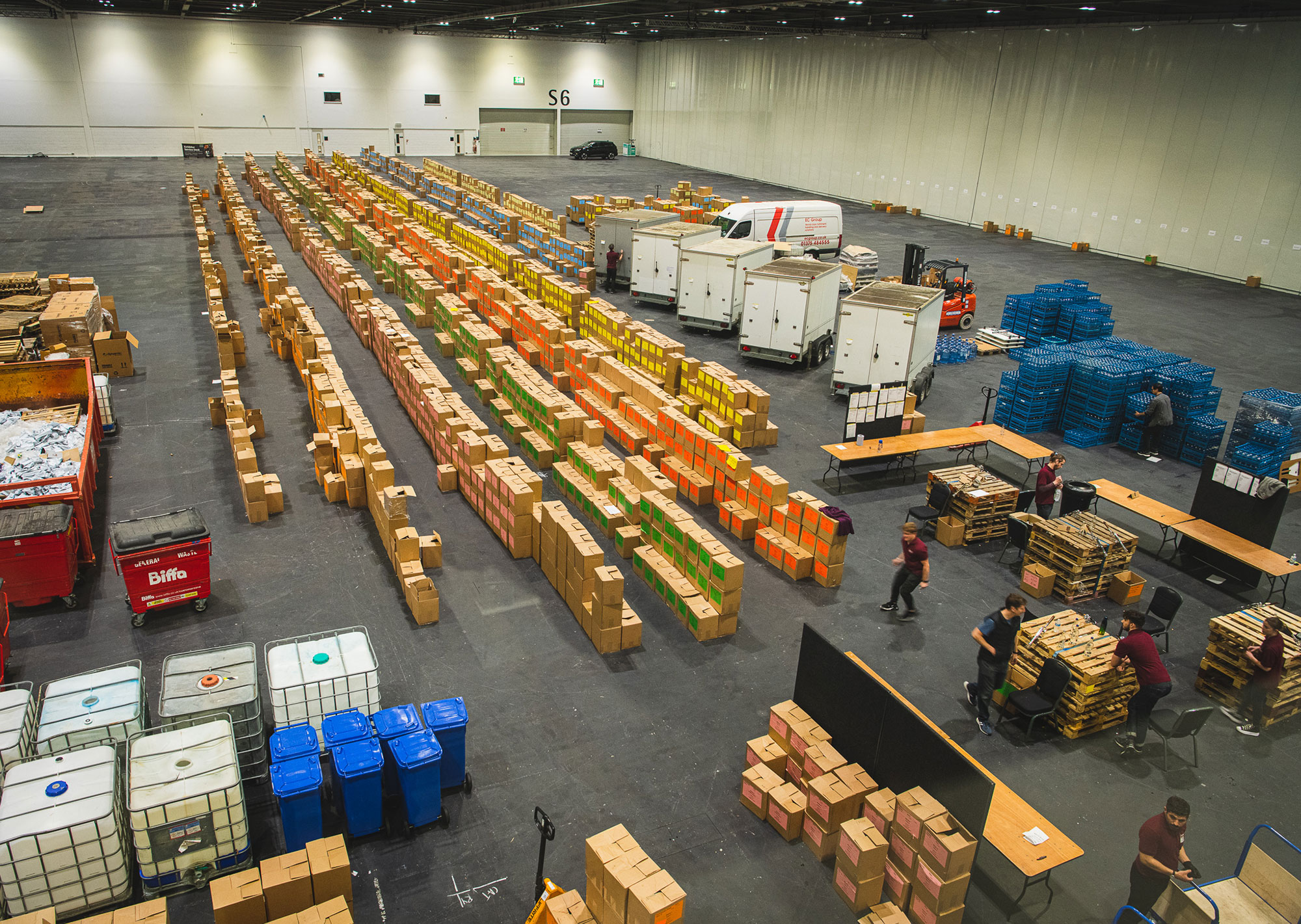
Wine makers know that an award from Decanter can be the difference between a great or an average year. Wines are submitted by any winemaker that wants the chance to win a gold, silver or bronze medal – or the coveted platinum – or place in the top 50 wines of the year. The Decanter World Wine Awards has had a difficult few years – although it has managed to continue on through Covid, it made judges visiting from other countries impossible, including figures who had been involved since the start, such as Australian wine producer and Master of Wine Michael Hill Smith, one of the founders of the awards and a co-chair. Although Hill continued to consult for the wine awards during 2020 and 2021, his excitement at being back in London as a co-chair in the throngs of the judging process was palpable. And this is true for many of the judges who were thrilled at rejoining a community and event they clearly hold so dear.
Judges are divided by region – assigned to an area that matches their expertise – and taste around 100 wines a day. Regions can range from specific areas of countries, such as Champagne or Provence, or by country, or geographical region: the Balkans, or Asia, for example. Each table consists of three people – two judges and a panel chair – who taste the wines individually and then discuss as a group to come to a consensus on how many points each wine scores out of 100.
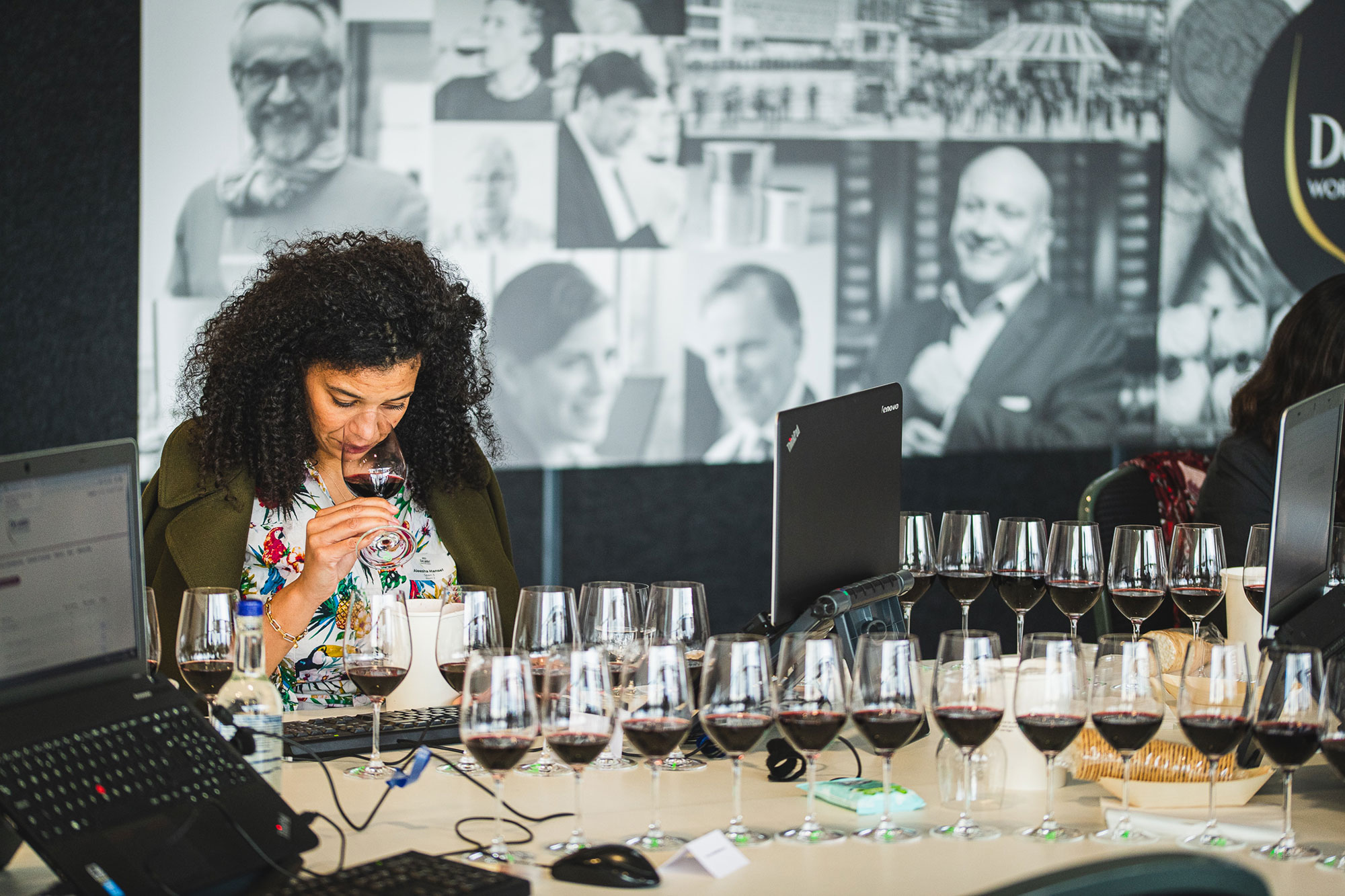
Those scoring over 95 get gold, 90-94 are awarded silver, and 86-89 garner bronze. Each gold and silver wine will be tasted by a regional chair to make sure it fits into that category. Judging styles vary – for some it’s instinctive and for others it is a matter of totting up points they attribute to colour, mouthfeel, nose, taste and 100 other factors. A table has to come to an agreement, something that is often settled with a quick debate but at other times might need the impartial nose and taste of one of the co-chairs to settle a final score. Following the initial week-long judging, the gold wines are sent for additional adjudication to determine the platinum wines. A third round then judges which of the year’s wines are the top 50.
At each stage secrecy is paramount – a huge team of people work behind the scenes in making sure wines are delivered from an enormous warehouse in premium condition to the judges and in an identity-shielding cover. Wines in distinctive containers are decanted into more generic bottles before delivery and everything is known only by a code and what region it hails from. The logistics of the event are mind-boggling, especially given the awards’ dedication to sustainability – wine bottles and packaging are recycled, glass is crushed on site and turned into new bottles in 30 days, and even excess wine is recycled into energy that’s pumped back into the national grid. Unopened bottles are auctioned to raise money for charity, too.
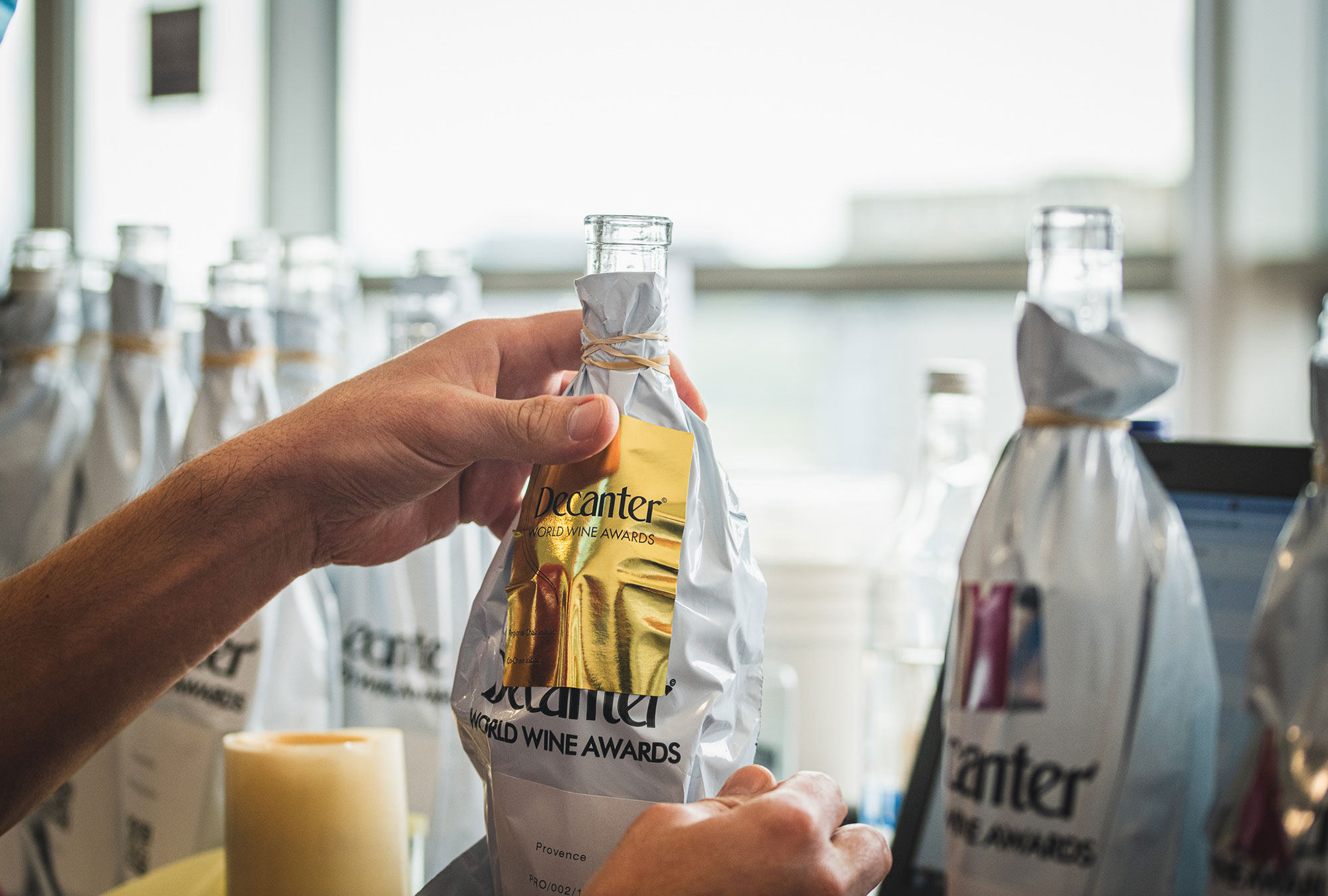
Scant other details are provided to judges, other than the wine’s price, style and grape variety. This ensures wines are judged against their peers and are judged fairly – a gold-medal £10 wine won’t be expected to reach the same heights as a £60 wine, but will be exceptional for its price bracket.
The joy of the Decanter World Wine Awards and its blind tasting is often the unexpected winners the awards can produce – a 2018 pinot noir from White Castle Vineyard in Monmouthshire, Wales, was a thrilling gold medallist in 2021, the first ever Welsh vintage to win gold. Eastern Europe also performed impressively well in 2021, with Slovenia picking up two platinum awards and Ukraine winning two golds for the first time. This year, the absolute dedication of winemakers to participate in the Decanter World Wine Awards was demonstrated with the personal delivery of four bottles of wine in a suitcase from a Ukrainian producer who had struggled with them to London from his war-torn home. For lesser-known wine-producing countries especially, a Decanter medal can be the way into the trolley or onto the table of a curious oenophile.
A peek behind the scenes revealed the absolute dedication and passion everyone involved in the Decanter World Wine Awards has for wine – from the warehouse to the judging table. It’s reassuring and exciting to know how rigorous and thorough the judging process is in determining what bottles to get excited about, whether they cost £10 or £100, and how that passion can translate into our understanding and appreciation of wine diversifying with each year. Cheers to that!
The results of the 2022 Decanter World Wine Awards will be announced on 7 June on decanter.com

